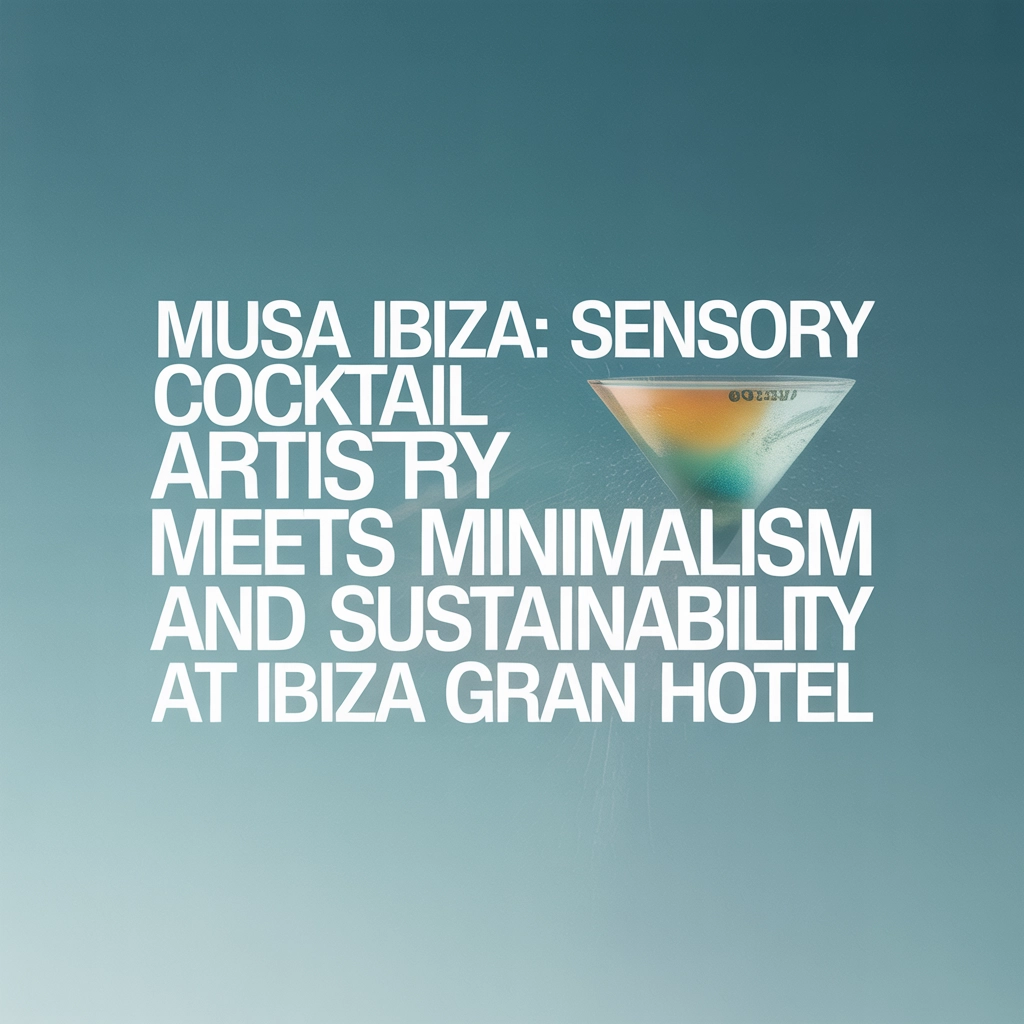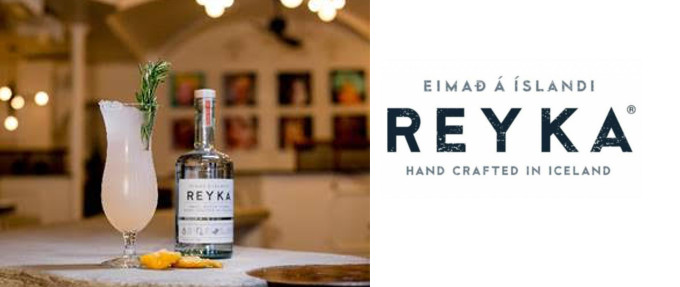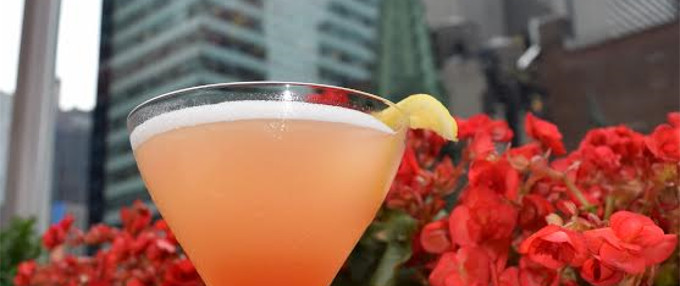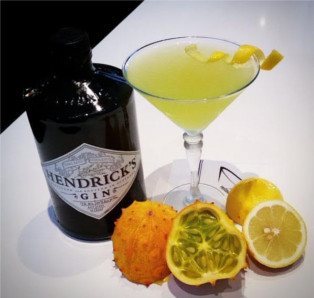
The food and beverage industry is witnessing a cocktail revolution, and nowhere is this more evident than at Musa, the groundbreaking sensory cocktail bar at Ibiza Gran Hotel. As hospitality leaders search for ways to differentiate their beverage programs, Musa represents a masterclass in how art, sustainability, and innovation can converge to create unforgettable guest experiences that align with the biggest food and beverage trends of 2025.
The Visionary Partnership Behind Musa
At the helm of this ambitious project is industry powerhouse: Michelin-starred chef Óscar Molina. This collaboration represents more than just another hotel bar opening—it’s a deliberate response to evolving consumer preferences in the hospitality industry.
This philosophy aligns perfectly with current food and beverage management trends, where experiential dining and conscious consumption drive revenue growth and customer loyalty.

Four Pillars of 2025’s Cocktail Innovation
Musa’s menu architecture demonstrates how forward-thinking beverage industry professionals can capitalize on four key trends reshaping the foodservice industry:
Minimalism Meets Maximum Impact
The Modernist cocktail exemplifies the “less is more” philosophy gaining traction across food and beverage companies. With just three ingredients—gin, citrus, and basil—served in a stunning stained-glass vessel, this drink proves that minimalism doesn’t mean compromising on experience.
For food and beverage directors looking to streamline operations while maintaining quality, this approach offers valuable lessons. Fewer ingredients mean reduced inventory complexity, lower costs, and easier staff training—all while creating Instagram-worthy presentation that drives social media marketing.
Theatrical Presentation as Competitive Advantage
The Ernest cocktail showcases how experimental presentation can transform a simple drink into a memorable moment. Combining mezcal, spice, and tropical fruit, this cocktail arrives under a bubble of smoke that dissolves on impact, creating an immersive sensory experience.
This theatrical approach addresses a critical challenge in the hospitality industry: how to justify premium pricing in an increasingly competitive market. By creating “Instagrammable moments,” bars and restaurants can generate organic social media content while enhancing perceived value.
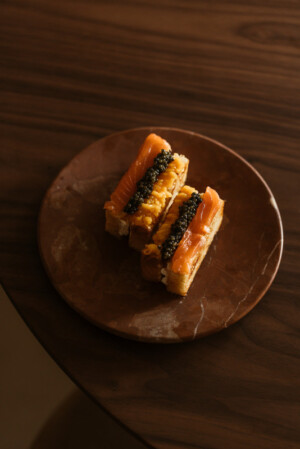
Sustainability as Brand Differentiator
Perhaps most significant for food and beverage sustainability initiatives is Musa’s Upcycler cocktail. This innovative drink features crisp pear, citrus, and floral fennel served in a handmade second-life bottle, garnished with a potato starch chip created from 24-hour dehydrated violet potatoes.
This zero-waste approach demonstrates how sustainable food brands can implement circular economy principles without sacrificing creativity or profitability. For procurement directors and foodservice executives, Musa provides a blueprint for reducing waste while creating unique selling propositions.
Low-ABV Innovation for Health-Conscious Consumers
The Slowtime represents the growing demand for sophisticated non-alcoholic options. This spirit-free blend of gin botanicals, pineaple, and ginger delivers complexity and depth without compromise—addressing the needs of health-conscious consumers while maintaining profit margins.
With the global non-alcoholic beverage market projected to reach $1.6 trillion by 2025, hospitality managers who ignore this trend risk missing significant revenue opportunities.
The Art-Hospitality Intersection: Lessons for F&B Leaders
Musa’s integration with Ibiza Gran Hotel’s art collection offers valuable insights for food and beverage services looking to create cohesive brand experiences. By drawing inspiration from surrounding artwork, each cocktail becomes part of a larger narrative that extends guest engagement beyond the drinking experience.
This approach provides actionable insights for restaurant marketing strategies:
- Visual Consistency: Cocktail presentation should align with overall venue aesthetics
- Storytelling Opportunities: Each drink becomes a conversation starter and social media moment
- Cross-Promotional Potential: Art partnerships can attract diverse customer demographics
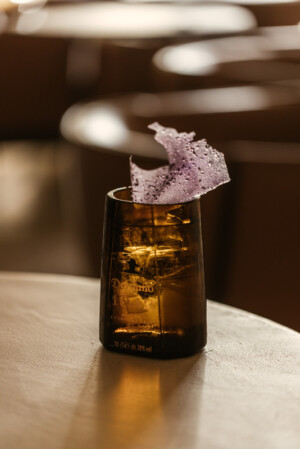
Operational Excellence Through Innovation
From an operational perspective, Musa’s approach offers several advantages that food and beverage managers should consider:
Inventory Efficiency: The minimalist approach reduces SKU complexity while maintaining menu diversity through creative presentation and preparation techniques.
Staff Training: Fewer base ingredients mean simpler training programs, though the emphasis on presentation requires investment in technique development.
Cost Control: Sustainability practices often translate to reduced waste costs, while premium presentation justifies higher price points.
Quality Consistency: Simplified recipes with focus on technique create more consistent results across service periods.
Industry Implications and Future Trends
Musa’s success demonstrates several key trends reshaping the food and beverage industry:
Experiential Over Transactional: Modern consumers seek experiences, not just products. Bars and restaurants that create memorable moments command premium pricing and generate customer loyalty.
Sustainability as Standard: Environmental consciousness is no longer optional—it’s expected. Venues that integrate sustainability into core operations rather than treating it as an add-on gain competitive advantages.
Local Sourcing Emphasis: The focus on Mediterranean ingredients reflects the broader trend toward local food sourcing, which appeals to conscious consumers while often reducing costs.
Cross-Industry Collaboration: The partnership between hospitality and art worlds suggests opportunities for food and beverage companies to explore unconventional collaborations that expand market reach.
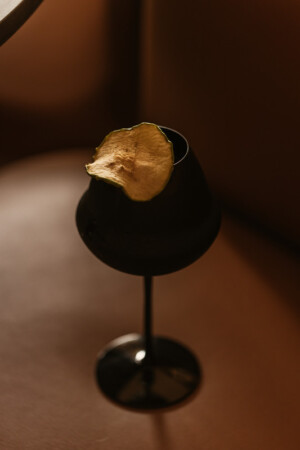
Implementing Musa’s Lessons in Your Operation
For hospitality leaders looking to incorporate these innovations, consider these actionable steps:
- Audit Your Waste Streams: Identify opportunities for upcycling ingredients or containers
- Invest in Presentation Training: Develop staff skills in theatrical service techniques
- Simplify Complex Menus: Focus on quality ingredients and creative presentation over extensive options
- Develop Non-Alcoholic Offerings: Create sophisticated zero-proof options that command premium pricing
- Explore Local Partnerships: Connect with artists, farmers, or other local businesses for unique collaboration opportunities
The Bottom Line for F&B Professionals
Musa represents more than just another trendy bar—it’s a case study in how food and beverage trends can be strategically implemented to drive both profitability and sustainability. By focusing on experiential elements, environmental responsibility, and operational efficiency, the venue demonstrates that innovation and business success aren’t mutually exclusive.
As the hospitality industry continues evolving, venues that embrace these principles while maintaining operational excellence will capture market share from competitors still focused solely on traditional service models.
The question for food and beverage industry leaders isn’t whether to adopt these trends, but how quickly they can implement them while maintaining brand authenticity and operational efficiency.
For those ready to elevate their beverage programs, Musa provides the roadmap. The art of cocktails has never been more relevant to business success.
Want to stay ahead of the latest food and beverage trends? Subscribe to Food & Beverage Magazine for industry insights that drive results. Share your thoughts on experiential cocktail programs in the comments below.
Written by Michael Politz, Author of Guide to Restaurant Success: The Proven Process for Starting Any Restaurant Business From Scratch to Success (ISBN: 978-1-119-66896-1), Founder of Food & Beverage Magazine, the leading online magazine and resource in the industry. Designer of the Bluetooth logo and recognized in Entrepreneur Magazine’s “Top 40 Under 40” for founding American Wholesale Floral. Politz is also the founder of the Proof Awards and the CPG Awards and a partner in numerous consumer brands across the food and beverage sector.



